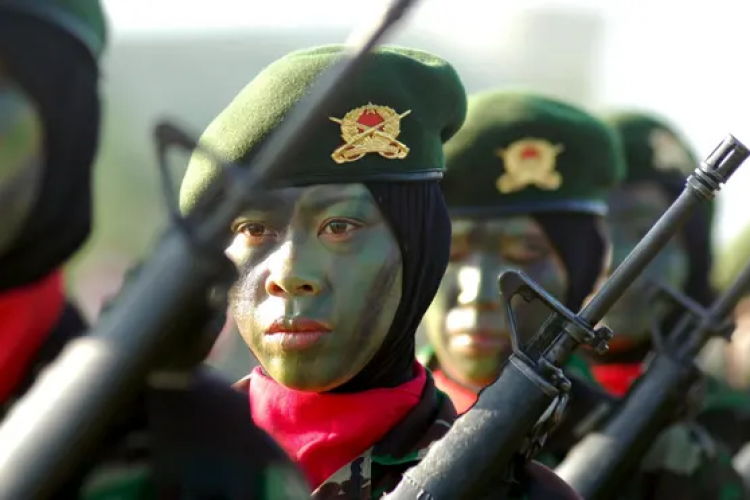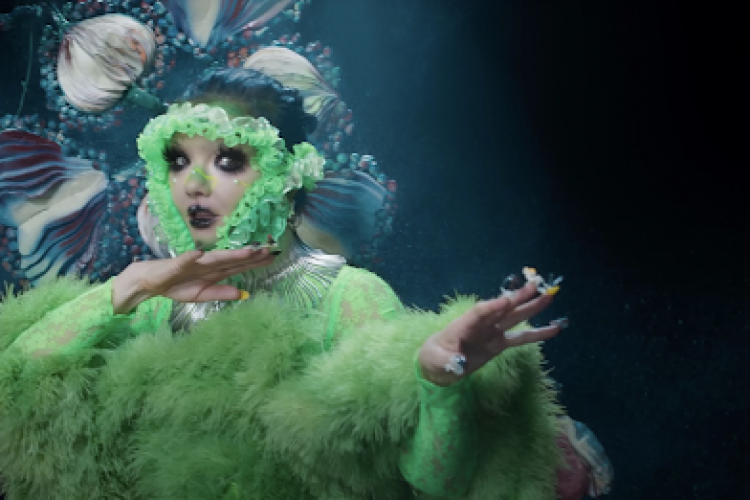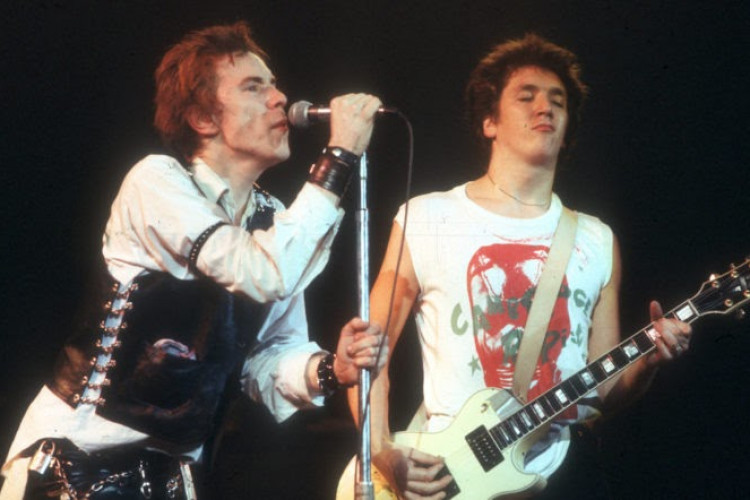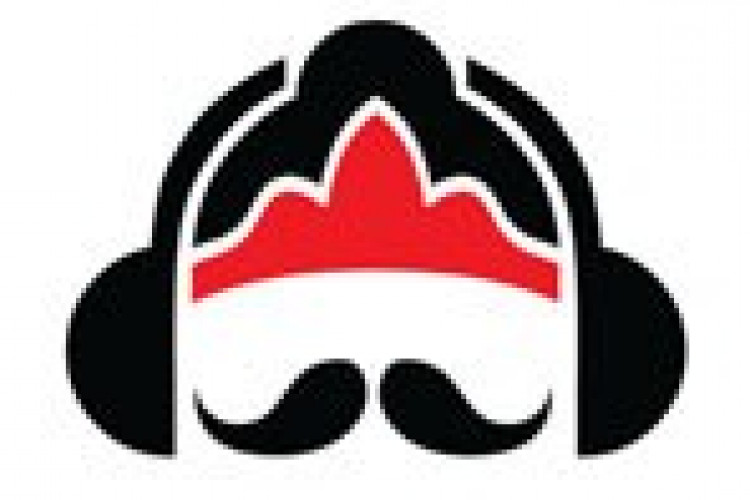The Wealth of Indigenous Indonesia with Helianti Hilman
Whiteboard Journal (W) interviews Javara founder, Helianti Hilman (H)
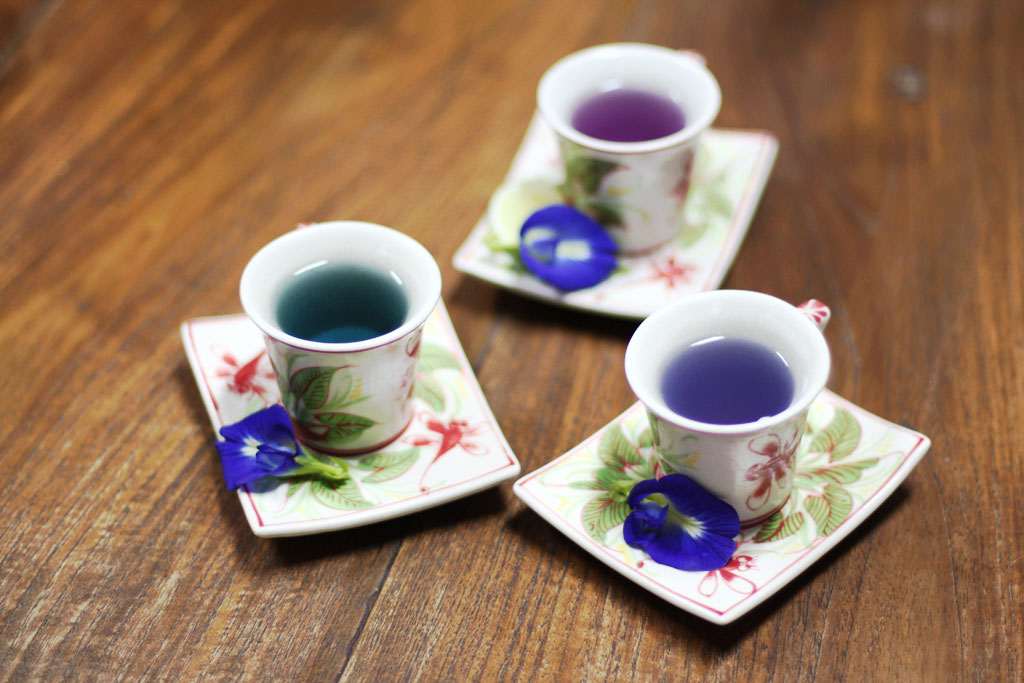
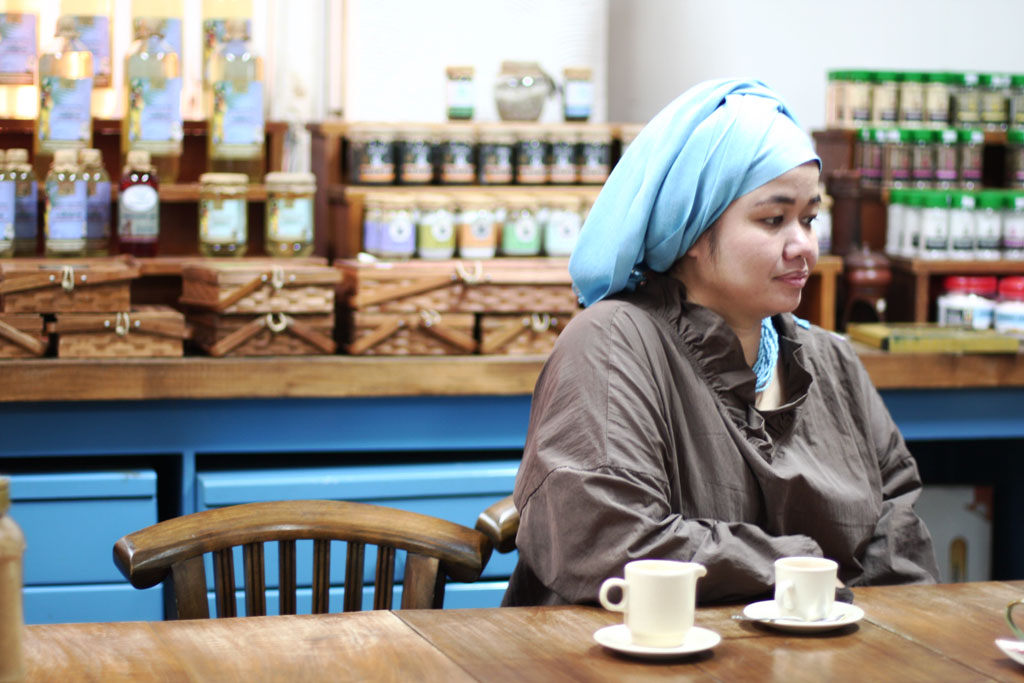
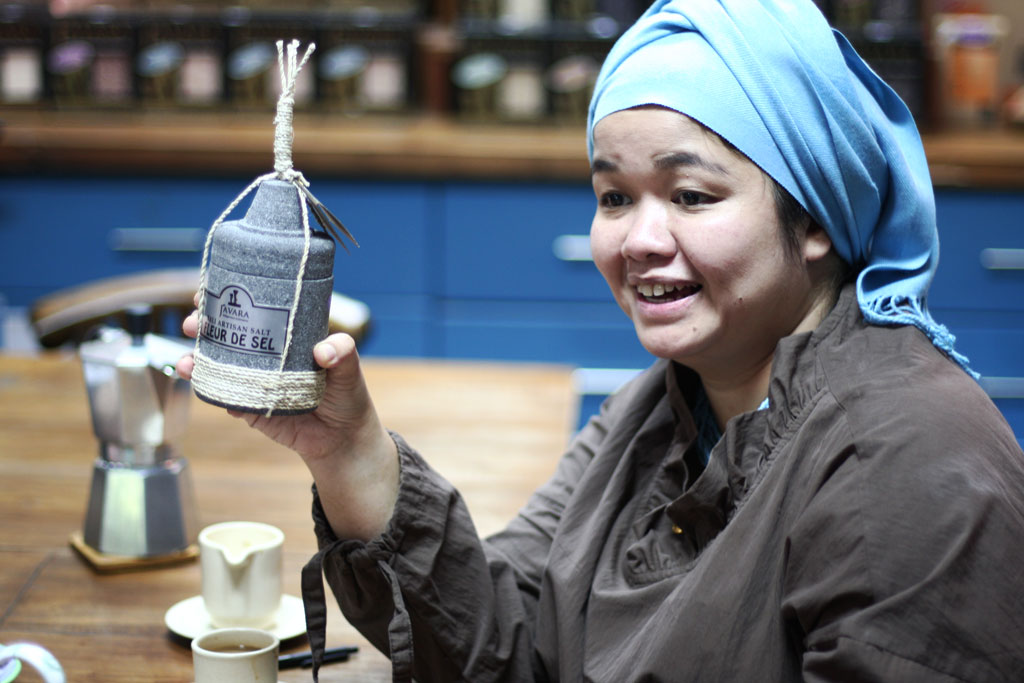
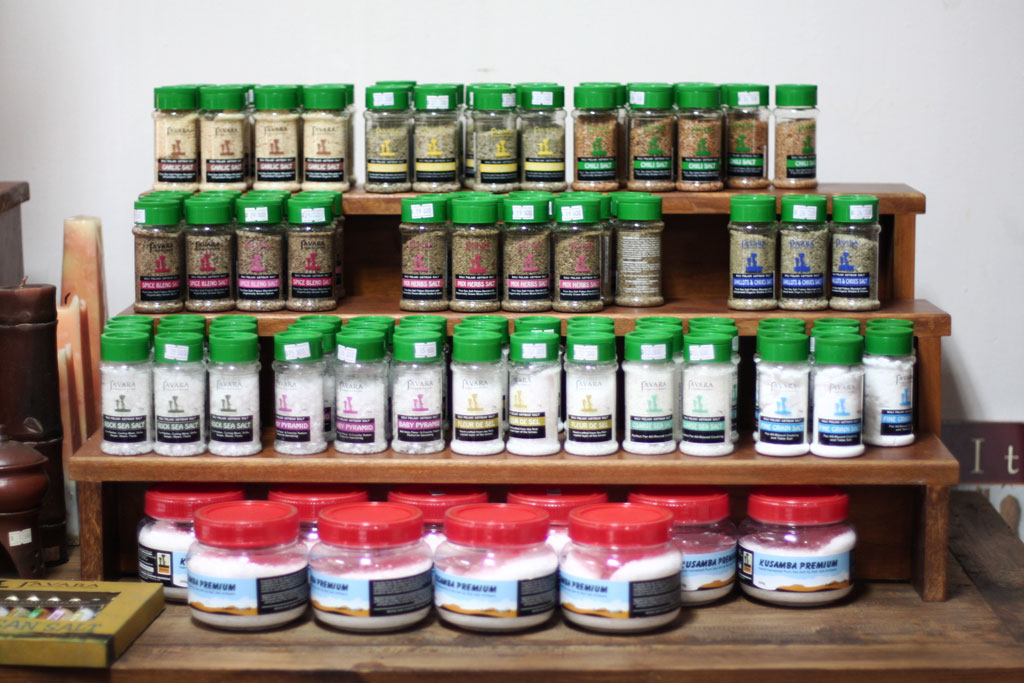
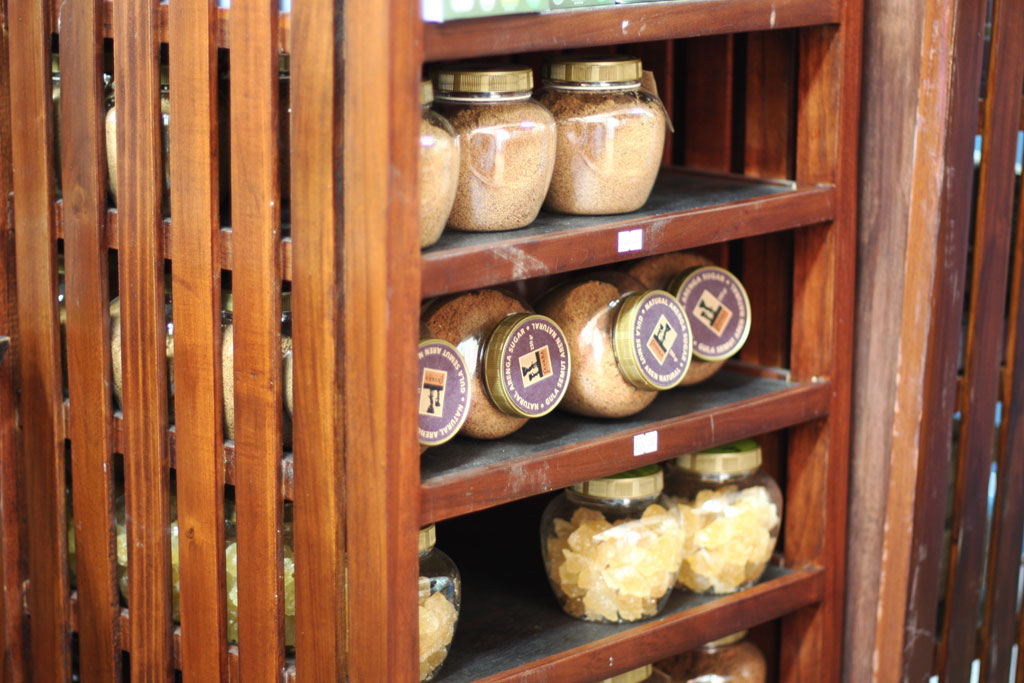
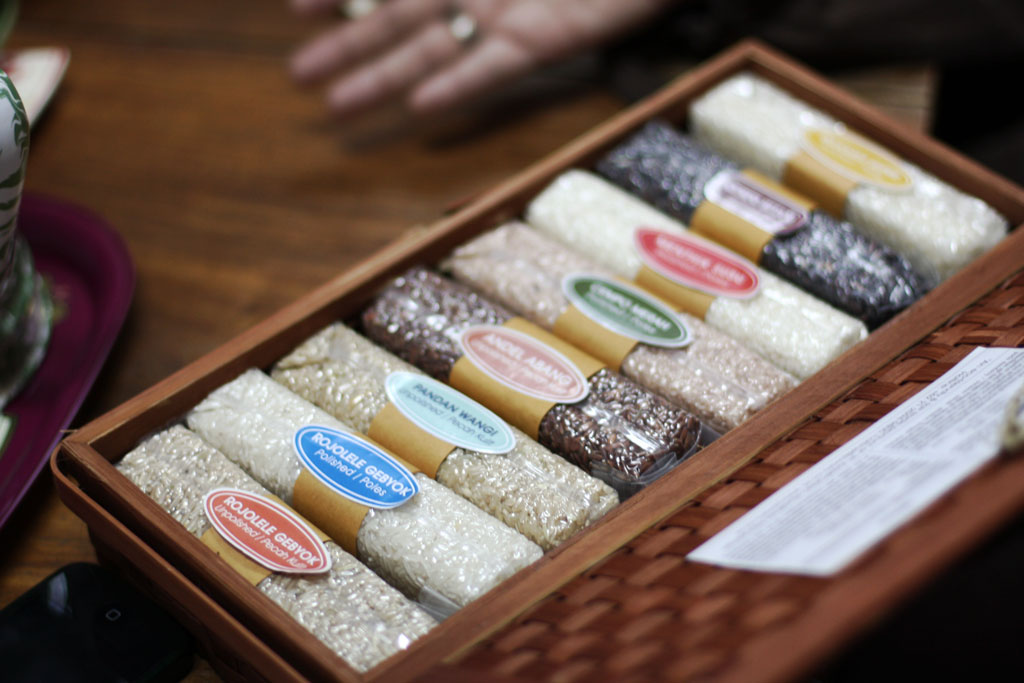
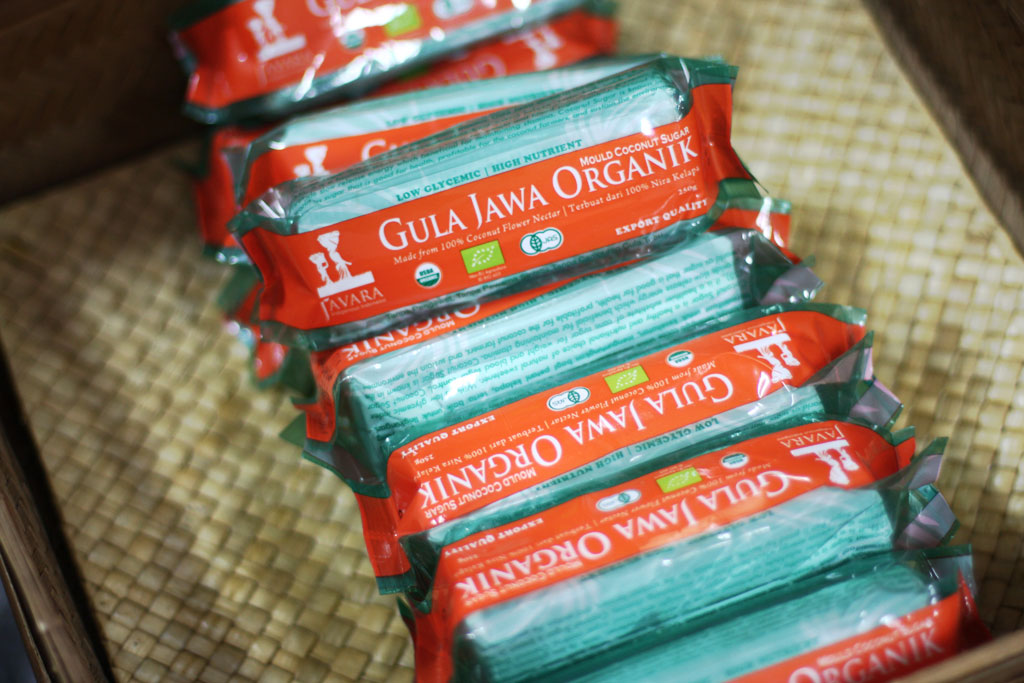

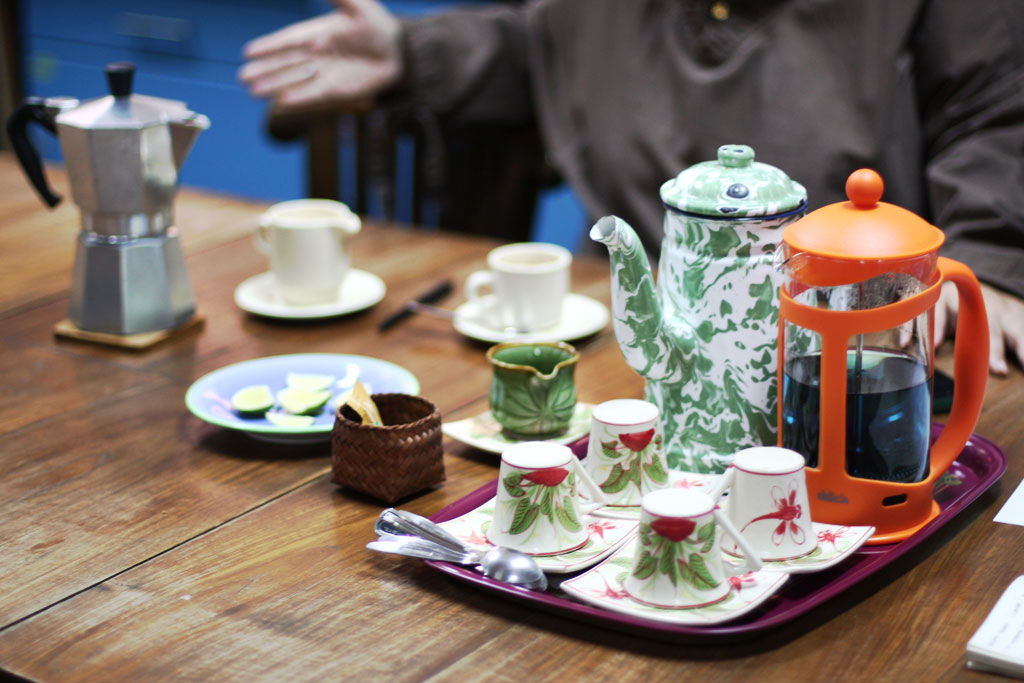
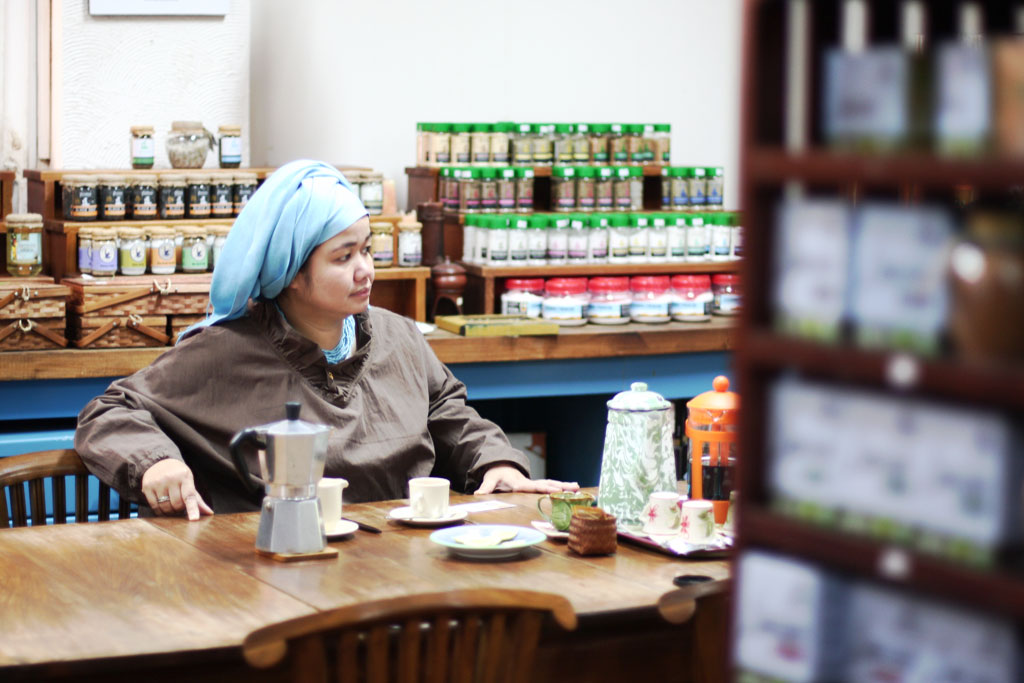
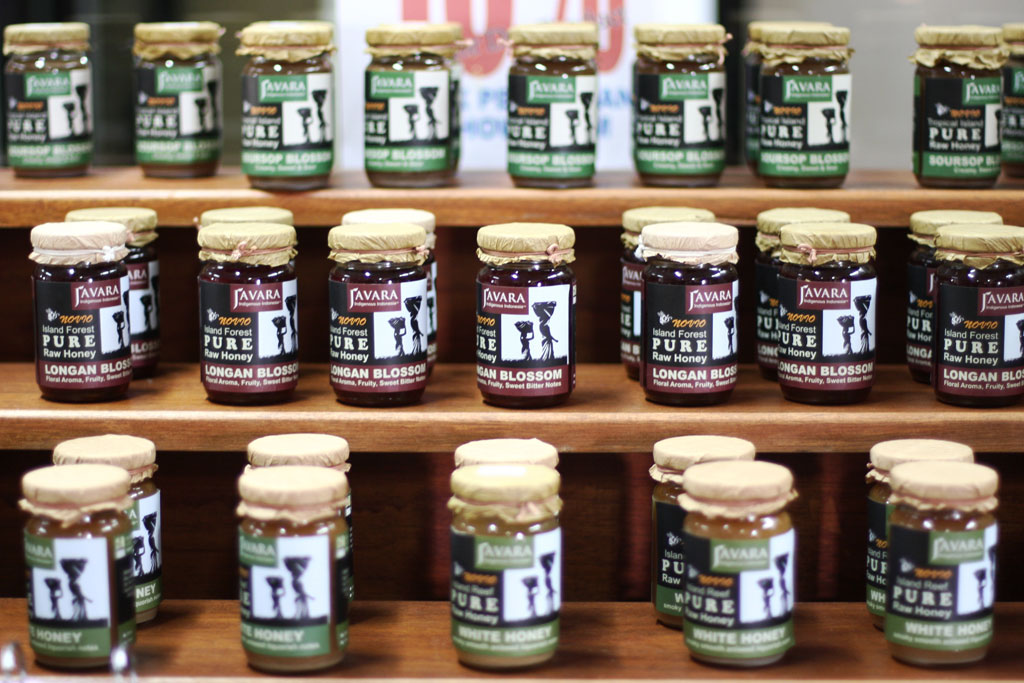
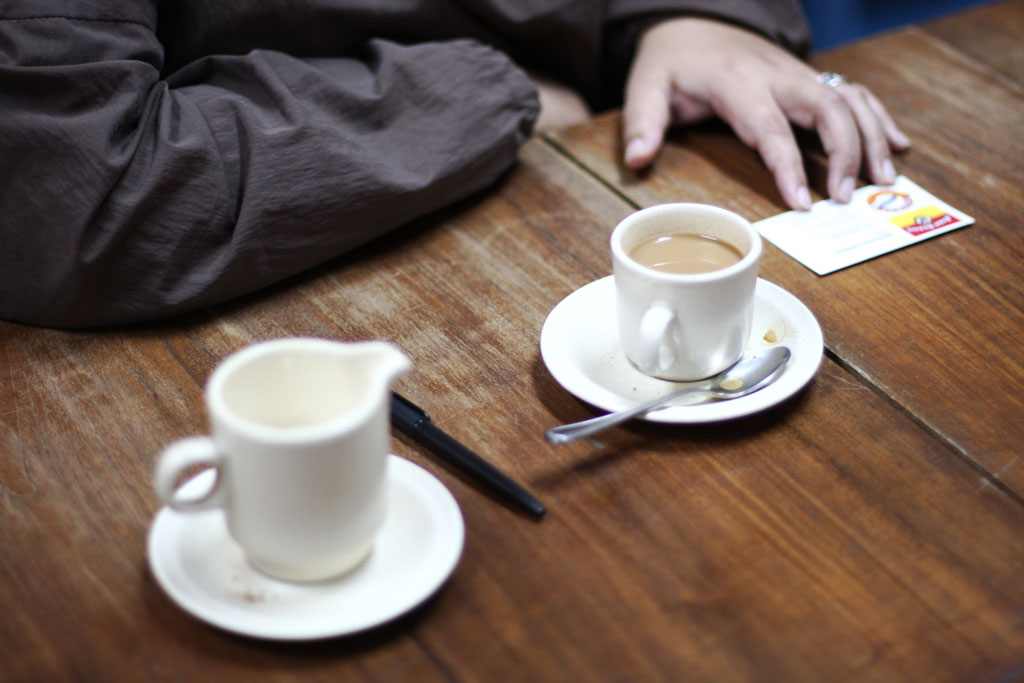
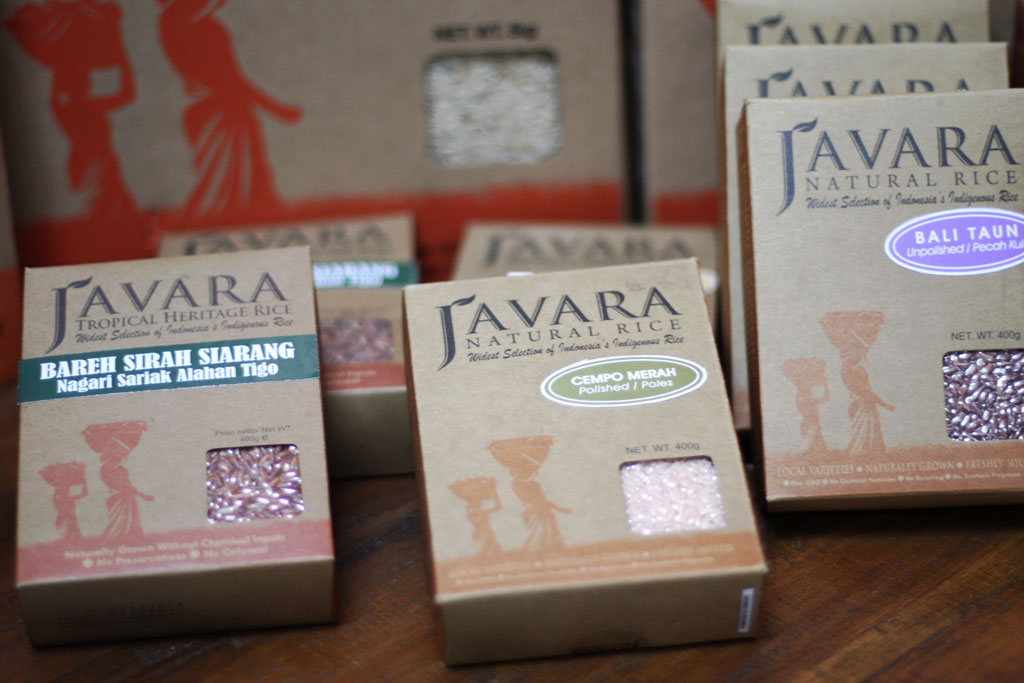
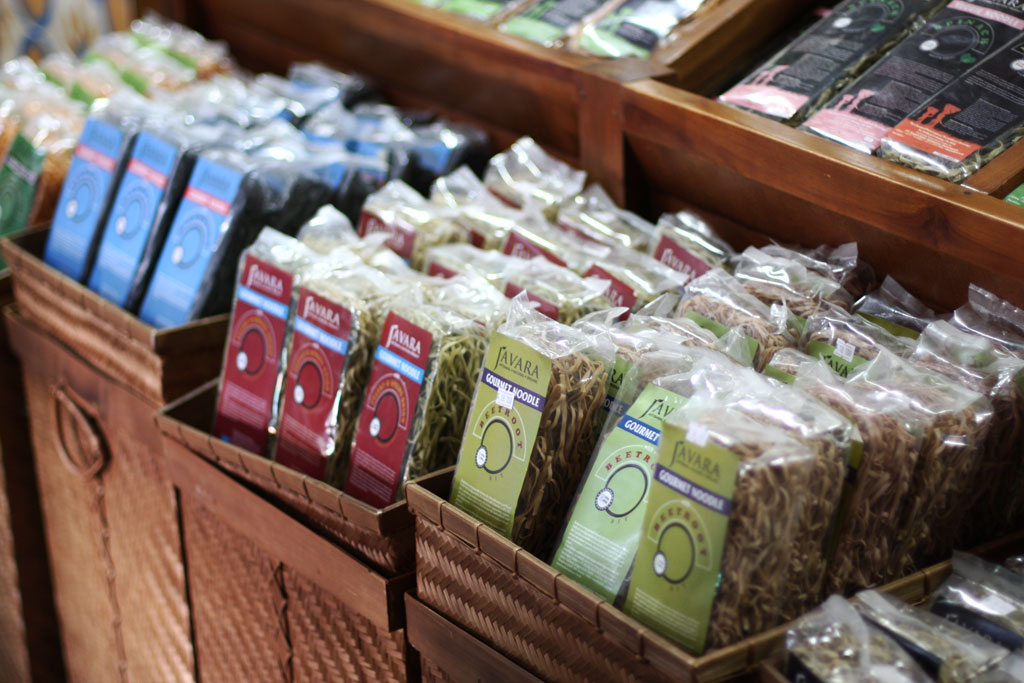
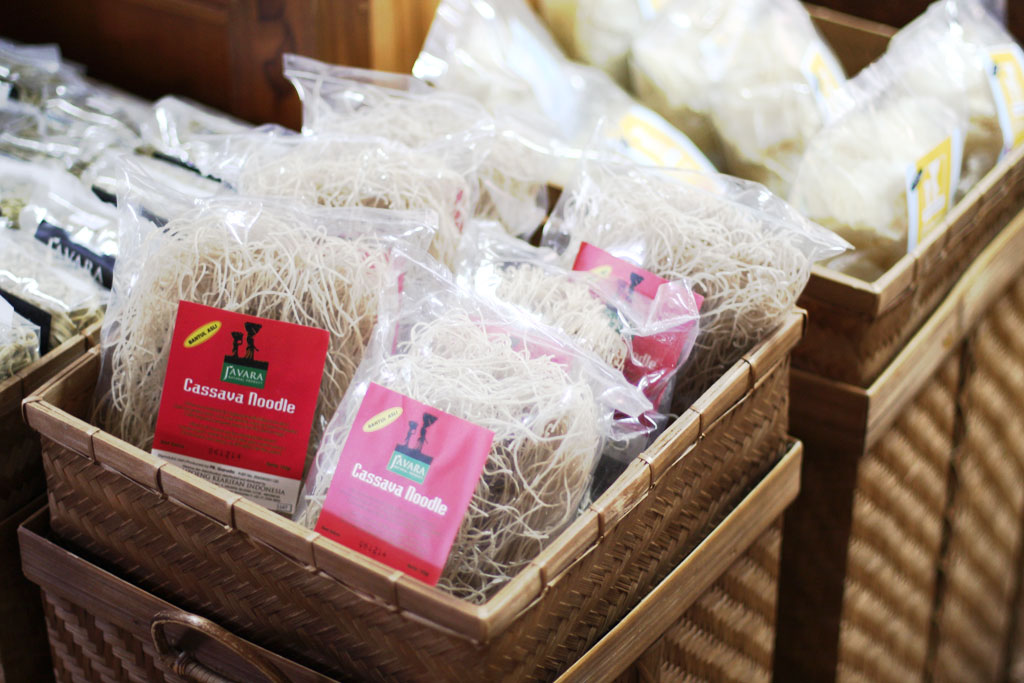
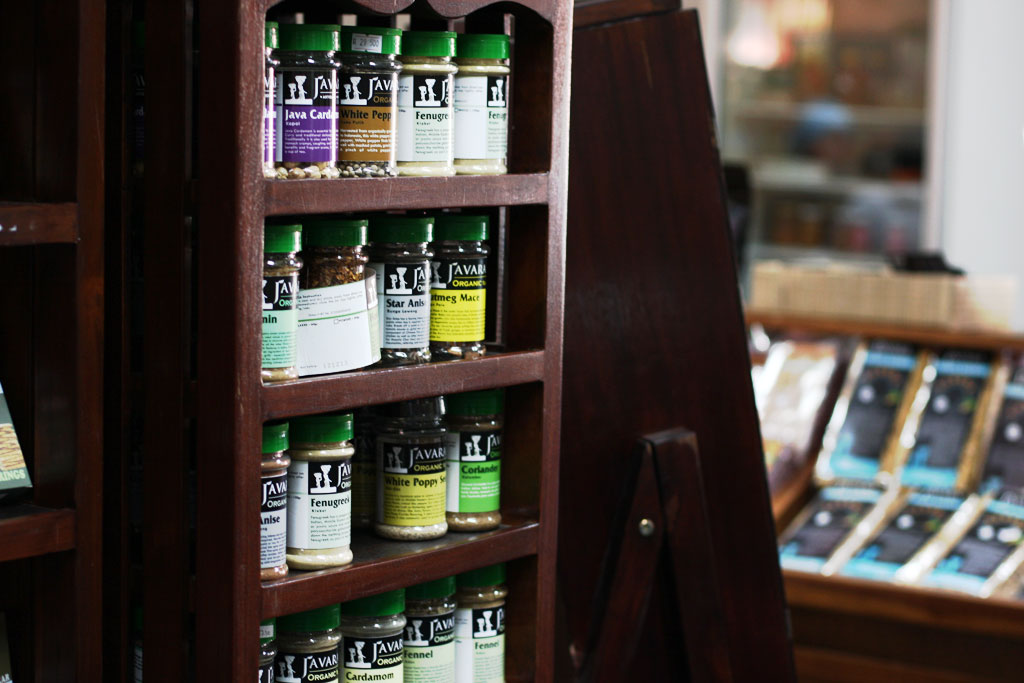
W
Where did the responsibility of starting Javara and artisanal ingredients of Indonesia come from?
H
It started as requests from farmers to bridge them to the market. Simply because they needed a marketing channel. But along the way we realized that the issue is not simply marketing but how to develop their products so it can meet the quality standard of the market. It means there are reasons why the market can’t accept their products. Either because of the quality or the production management — meaning in terms of continuity of the quantity. It expands to other issues, like how to create added value products, market positioning, market competition, and how to extend the short life of the crops.
So it started from marketing to problem solving. Farmers come with their own problems and then we find the solutions together. That is why we always try to innovate, to put artisanal ingredients at the required level. Something that makes people notice and appreciate because the way you preserve and package things has a big impact. Everything from the initial production, which means it is based on indigenous wisdom and is based on food biodiversity. People will never know how much dedication is put to produce something like this if we don’t present and convey the stories properly.
W
You mentioned that it was requests from the farmers themselves. You were once a lawyer, how did you get involved in this?
H
By education, I’m a lawyer and sometimes a consultant. Previously, I was a consultant in developing countries and I have gone in and out of the villages in India, Sri Lanka and Nepal. I had a lot of interaction with community-based economy — the rural based economy. I got to see the economic empowerment patterns in other countries. So I thought to myself, if only we can treat our food treasures better, we do have a chance. We excel in the variety of food, skills, craftsmanship, and indigenous wisdom. The only thing that is missing is entrepreneurial aspect that can deliver the food products to the mainstream market respectfully.
It became relevant to me since I was a consultant for rural development. But at that time I wasn’t involved as an entrepreneur, I was there to simply help them to handle the marketing. And then we tried to dig out what the real source of the problem was. Is the problem really just marketing or is it something else? For example, cashew [nuts] in Flores, I soon realize that it’s not about the marketing. People around the world know that cashews from Flores are the best even though they are expensive. It turns out the problem lies in its cash flow — meaning when they harvest their crop, they expect to get money directly. And the fastest way to get money is through the middleman (tengkulak). Farmers in this case are receiving lower than what they contribute in — not the real value because they can’t wait for ethical buyers to purchase their products. So they are dealing with a capital issue. The second thing I realize is, only ten percent of their good-quality cashews are processed there. The rest are shipped out of Flores in the form of spindles (gelondongan). It means they lose the employment opportunity to peel the cashews after they’re harvested. At that point we also realize that they don’t have proper tools. Then it is not merely a marketing issue because the market did request products dried with a certain degree, or being vacuumed, which is something that they don’t have. We soon realize that it’s not just the market. Because the market has their own requirements and there are problems that need to be solved so they can meet those requirements.
W
If I’m not mistaken, one of the reasons why you got involved is to repair the food system?
H
True, so we can see it as a whole food chain. That is why Javara’s motto is global product initiative from local farms to global consumers. Because once the chain is broken, we can never reach it. Say, we support the farmers and then it turns out their partners in processing are not supported. The product still won’t reach us. So we have to examine each of the chain links so the product flow can be maintained.
W
How do you make people understand about this food system? It’s said that to understand Indonesian food, we as a consumer also need to know about the food system itself.
H
True, as a consumer we have a political choice. Will you be an ethical and responsible consumer who tries to seek the origin on their food, or do we choose to be ignorant? Those choices will affect the chain links. For example, do we buy imported or local rice? Do we buy imported or local salt? Those decisions make a lot of differences to the food chain links. When a consumer chooses to become co-producers, to become responsible consumers who participate in repairing the food chain system, then that choice will really affect what’s happening in the other end. When we started with these rice products in the 60s we have more than 7000 types of rice — from brown, purple, pink, black, white, we have all that. But that was something marginalized and near to extinction. We first decided to start this project with the farmers — from several individuals to several groups — who still keep these seeds to deliver it to the market. But in the end it’s the consumers who keep it growing. When the consumer appreciates the fact that there are groups of farmers who dedicate their life to preserve the sustainability of these indigenous seeds and they can regularly consume. It automatically becomes an incentive towards the farmers to keep planting those seeds.
W
How would you describe the term artisanal?
H
We called it artisanal because every artisan contributes differently. The difference of locations is only one point. There are also different moods. Different moods creates different results. When I was first invited by the farmer network to work with them, they wanted me to do a roadshow to visit their network of around one million members around Indonesia. I accepted it as a starting point I went all across Java and Bali. We stayed, dined, and went to the field with them. In one of our trips in Garut, a farmer asked us in Sundanese, “Do you want to come to the field?” “Yeah, sure!” “But excuse me, can you take off your shoes?” So they asked me not to wear my shoes and when I asked them why, they answered, “It’s our hospitality towards the plantation so we don’t have any distance between the soil and the plant. We blend in together. It’s a form of our respect towards the nature.” Then I took my shoes off and said that I was ready to go. The farmer then continued, “Wait a minute, I wanted to ask one more thing. Are you in a good mood?” “What do you mean?” “If you go to the field in a bad mood, it’s better for you not to go. It’s bad for my rice.” So here you can see how an individual’s mood can really affect the productivity and the flavor of the rice they harvest.
Javara’s tagline is not organic but ‘Indigenous Indonesia’ because we think that it’s much broader than organic. Inside organic certification, the checklists are usually whether the soil is contaminated or not, or where the water come from, or whether the seeds are GMO (genetically modified) or not. They never ask whether the farmers wear shoes or not when they’re working, or whether they’re in a good mood or not. But when we talked about indigenous wisdom-based agriculture, they really focus on how you respect the soil, environment or the plants. And there is interaction these plants have as living creatures towards the farmers. Automatically they want to give the best.
W
Can you teach these traditions from the farmers?
H
It’s a wisdom that is passed from one generation to the other. The problem is, the farmer’s children often refuse to become farmers because farmers are considered the poorest in a population. 60-70% of poor people in our country consist of farmers. This is a big challenge for us. That is why we’re introducing a new way of doing business because what’s important for us is not only that we give them guarantee of the market to the farmers, but also to build the pride as a farmer. That is why when we held an overseas exhibition; we always bring whom we call the champion local farmers. Because we know that they will be appreciated overseas rather than in Indonesia itself.
W
How do you build a sense appreciation? Do you have to take them abroad?
H
It comes in various forms. For example, when we decide on the price, we sit down and discuss with the farmers. We ask them how we should value their products according to various aspects such as production cost. Another example: we asked our processor partners how much cost did they ask for their work and we tell them how much did we cost and how much margin that we want. We will only decide the price if all parties agree so they can feel that they’re part of the partnership. Once, a buyer from America came and we took them to the farmer’s house. We ate together and talked about the price with the farmers, processing partners and the buyer themselves. Usually the buyer will only deal with the exporter. Then when they return the contract, they raised the price for one thousand rupiah per kilo. From 28.500/kilo to 29.500/kilo. It’s simply because they like the way we work.
So it’s one way to build up the pride. The next way is by including them in the post-harvest process. The process of added value to the product. Especially for young farmers who are embarrassed to admit that their are farmers, they’d rather admit that they’re entrepreneurs. But because we include them in the process, they’ll automatically care about the products. They will come to the field themselves to make sure that they get good products. Another way is to discuss the problems that they face together. Dialogue and sharing knowledge makes a big difference.
W
How can we educate the mass market about the importance of farmers?
H
Educating is something we always try to do. We are active in seminars, workshops, cooking classes and very different activities, that is part of educating the market. But it will take time. It its not an overnight process. There is moving and there is progress. Our farmers cannot wait forever, they would be out of a job if they wait too long. 70 % of our farmers are above 55 years old, so you can imagine within a few years they probably would not exist. So their profression is a forgotten job.
Back in the olden days, farmers had double jobs. You can be a doctor by day and farmer by night. You can moonlight as a teacher, and then be a farmer. Which is why Indonesia was called an agrarian country, because everyone was farming. Either in their own backyard or an actual field, people were gardening and farming. Then the green revolution happened and the profession had to be broken down. People are now more specific, farmers have to buy seeds, fertilizers, and pesticides. Our farmers were trapped into a capitalization of their profession. 10 to 60 years ago, we wouldn’t see that happen, what was planted could always be used again. The fertilizers used were organic from compost. And pesticides weren’t needed before because what were used were local plants. Local plants have durability compared to exotic plants that needs pesticides since pest are not accustomed to it. In the end there is no balance. It’s a dependent system. That degraded our farmers to be poorer.
W
When we talk about relationship between a person and the food they consume, according to your observation, what relationship do Indonesians have towards their food?
H
Not many people choose to be a responsible consumer. That is why, since 2011, Javara has to play in the export market. At first we wanted to focus on the domestic market but during the first two years, the growth was slow. Meanwhile, we have too many farmers. If we only deal with the domestic market, we will be classified as premium markets such as Ranch Market, Grand Lucky, Hero, etc. Mass retail is still too far from us. We can’t blame them because the mass market is usually price sensitive while artisanal products are usually not cheap because we can’t have products in huge quantity at once. Automatically, the transaction cost will rise. Also, it will not be efficient for the farmers. There’s a huge difference in cost between working on 1000m2 field compared to working on one hectare. So, we can’t enter the market with cheap price because it’s impossible and because our main goal is to preserve biodiversity and to sustain the farmer’s profession. Finally we decided to deal with the export market. Around 2011, out of the total turnover, we only allocate 5% for export but now it’s the contrary because we allocate 80% for export and the rest for domestic. It’s because of the appreciation and the different value. It enables us to enlarge our farmer partnership uptake overtime, which is now approximately around 50.000.
W
What would you say about the current phenomenon of people going green and eating organic products. Is that a positive eating habit?
H
Being green can only affect you as a consumer. But being ethical is a different thing. As mentioned before, being ethical involves a commitment towards enviroment, towards its producer, its consumers, and its social impact. Which means we don’t see it from this aspect because we also realize many people are fanatics when it comes to organic food for selfish reasons. They only want to make sure their body is healthly and they are willing to pay whatever price. They could not care less about where the food is produced. Most would want to know if the product is certified organic or not, then they would even be willing to pay whatver price for those products.
W
So it’s not matter of what we eat but how we eat it too. I saw that you were also involved in the Slow Food movement and Maharasa Indonesia. Is that your way to educate the market?
H
The reason to why I joined so many initiatives is part of the education itself. As a consumer, we need to be knowledgeable. We cannot decide on what is right without being informative. The activity we do with Mahara then with slow food is part of the movement to educate and convey the message. Which means more initiaves are welcomed. So we have more channels to influence the mass.
W
Do you have anything in mind that you want to explore? Maybe something for Javara or something personal?
H
We still have a long way to go and we still have a lot of problems. Within five years of operation, we have over eight hundred products. A lot of people are asking how to maintain it. I told them that these products exist because it was used as an exit strategy of a problem. Meaning that this is just a small part of many other problems that the farmers faced. You have seen nothing. We make use of these products as a solution of their problems. Say, if a tomato farmer is impacted by the Mount Merapi eruption, it makes us produce organic tomato sauce just because of the decreasing price from minimum 3000 to 600. The farmers panicked about their tomato because it will rot in one or two days. Therefore, we started to produce organic tomato sauce. And it was a big hit even though it’s pricey. We can’t compete with other brands such as ABC because they have other ingredients in their product. As for us, it’s purely tomatoes. Most of our products come out because of problems. They’re a result of problems. But if you ask what the challenge is, we have to go back to the dream of Javara that is to become a platform where everybody — especially farmers whose products have indigenous Indonesia value in it — can take benefit out of our system without having to build their own chain links. For example, a lot of our products are released with double branding, Javara’s and their own. If they put it in major supermarkets, they don’t need to pay for listing fee because we have an agreement with supermarkets that all of our products should not be charged with listing fee.
Javara never has to pay listing fees and we have never been charged with service level penalties. By tapping in with us, they don’t need to go through the process, including paying listing fee, service penalty and such. We become a home to other people. Some farmers from Aceh would come and ask us to help them with the selling; we will help them by contacting our network from hotels and others. If they want to sell their products to other countries, they don’t need to go through the FDA. So when we were in Germany, some UKM (Unit Kegiatan Masyarakat) would tag in with us. They don’t have to invest like the way we do. We already build a platform for that purpose, be it production, access to finance or other platform. The only important thing is that their products meet our profile. If it match, we will definitely help them. We never decline any farmers because it’s our policy to help farmers who meets our criteria.








